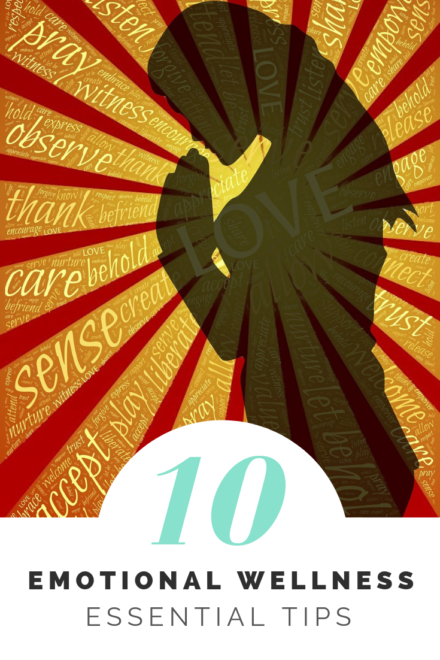
Eat A Balanced And Varied Diet
Emotions change based on what’s happening around you, but they also change based on what’s happening within you.
Your emotions are partially dependent on your body chemistry, which has a lot to do with what you eat. This is largely because emotions are partially controlled by hormones and other chemical messengers in the body which are constructed from chemicals that your body takes from the food that you eat. A poor diet can lead to poor emotional health.
Practice Moderation
Drinks are fine with dinner or to unwind, but if you get in the habit of using alcohol to forget your problems, it will likely just make your problems worse. Alcohol is a depressant, so while it may make you feel better in the moment, too much too often can leave you feeling worse. Some experts even believe that alcohol can activate a gene that makes you more likely to develop depression.
Do Work You Love
Not just any work, work that is important to you. When many of us are at work, we feel like we’d rather just be doing something else. The work that you do, however, can help to give you a sense of purpose and identity. A change of jobs, or just a reflection of purpose in your work may help. Of course, many of us find ourselves without an easy way to change change what pays the bills. In this case, seek out a volunteer opportunity to fill that void of making a difference. A sense of purpose will lead to a better outlook on life.
Manage Stress
Stress isn’t just a feeling, it’s a physiological state. When you are stressed, your body releases different amounts of the chemical messengers that determine how you feel and how your body functions. Over the long term, stress can negatively impact your physical and emotional health. Meditation is one way to help clear your mind and relax your body. Exercise, even if it is a simple walk around the neighborhood each day, can also help alleviate stress.
Have A Support Network
For everyday problems, family issues, or for whatever gets you down, it’s important to have a support network. This can be emotional support, someone to give advice, or just a shoulder to lean on. Support networks can be groups in your community or online that are specifically for helping people who are dealing with problems like loss of a loved one or substance abuse. Friends can also help here, but don’t unload all of your emotional baggage unto their shoulders.
Find Healthy Coping Mechanisms
Some people turn to alcohol and other drugs to help them to deal with unpleasant emotions. Almost all of the time, however, these coping mechanisms do more harm than good. Instead, try to find a hobby that makes you feel better. Setting aside time to enjoy the simple pleasures of life can boost your emotional well-being.

Have Faith
A study released a few years ago found that people who practice religion are statistically healthier than those who don’t including in terms of mental health. The study was conducted in a Christian community, but there’s no reason to think that other religions don’t offer the same benefits.
Religion often encourages a discussion of difficult topics like death. It also encourages hope and a focus on non-material goods. Church communities can often be sources for support in times of crisis.
Have Friends
As mentioned above, friends can be an important component in support networks. Friends aren’t only good for helping you through bad times, they are also good for a good time. Having a few good friends can help you to feel appreciated, and can help introduce you to new interests and pastimes.
Stay In Touch With Your Feelings
Paying attention to your feelings can help you to address them as they appear rather than letting them build up. Feelings that aren’t processed in an appropriate and timely manner can often develop into stronger and stronger emotions that are difficult to deal with in a healthy and productive way.
Keep in Touch With Your Healthcare Provider
As mentioned above, your emotional wellness is at least partially reliant on your physical wellness. By helping you to stay physically healthy, your doctor can help you to stay emotionally healthy. Of course, if you find problems with your emotional health, you can also bring these up with your doctor, who may be able to offer advice, resources, or referrals to other experts.





